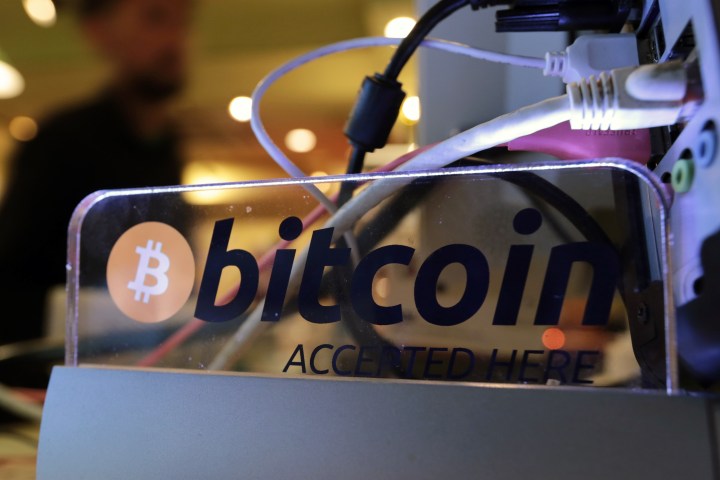BUSINESS MAVERICK 168 ANALYSIS
Financially repressed countries everywhere should be thankful for Bitcoin

In late November 2020, Bitcoin’s value reached an all-time high. For investors, it’s been a grand ride. But the high poses more fundamental questions for policymakers, especially those in countries like South Africa, with weak currencies and exchange controls.
First appeared in Daily Maverick 168
In December 2017, New York University economist Nouriel Roubini launched an all-out onslaught against Bitcoin, saying it was the “biggest bubble in human history” and its value would “crash to zero”.
He later described it as “shitcoin”. Fast-forward three years, and Bitcoin has now hit an all-time record.
Of course, Roubini could be right, and his critique included some telling points, including a comparison with the transaction rate and expense of credit cards, in which Bitcoin came off badly. And Roubini was supported by the market at the time: Bitcoin had just dropped 60%. Roubini, notoriously bearish on many topics, did reflect somewhat the scepticism of conventional bankers, who view Bitcoin as a dangerous fad.
These days, that kind of scepticism is not possible, and there is a renewed interest in Bitcoin not only for its own qualities but as a flag-bearer from all kinds of other distributed ledger financial systems and digital currencies.
Big-name investors are now changing their tune, including Ray Dalio, who served as co-chief investment officer of the world’s largest hedge fund, Bridgewater Associates. Revealingly, he said recently he “might be missing something” about Bitcoin.
In an article in Bloomberg Opinion, historian Niall Ferguson compares Bitcoin’s price so far this year to the two most common reference points for stores of financial value: gold and the dollar. Since January, the dollar is down 4%, while gold is up 15% and the dollar price of Bitcoin has risen 139% year-to-date.
“We are living through a monetary revolution so multifaceted that few of us comprehend its full extent. The technological transformation of the internet is driving this revolution. The pandemic of 2020 has accelerated it,” he wrote.
It’s not surprising that the pandemic has accelerated the trend. But why, since Bitcoin has achieved nowhere near the level of transactional utility as existing credit cards, has it caught on? Ferguson wrote in his book The Ascent of Money that the goal was never in fact to create a “new money” but rather to create “the ultimate safe asset, capable of protecting wealth from confiscation in jurisdictions with poor investor protection as well as from the near-universal scourge of currency depreciation … Bitcoin is portable, liquid, anonymous and scarce”.
Think how many boxes that ticks for South Africans, and analysis of actual Bitcoin transactions backs this intuition. A company called Chainalysis recently released an analysis of the adoption of cryptocurrencies. It ranked 154 countries based on four metrics, and compared that to the countries, per capita wealth.
SA came seventh and the countries that ranked highly are generally places where either the currency is volatile, or the government is a bit dubious, or both. The top four in the survey are Ukraine, Venezuela, Russia and China.
Chainalysis also found that monthly cryptocurrency transfers to and from Africa of less than $10,000, typically made by individuals and small businesses, jumped more than 55% in a year to reach $316-million in June. Suppliers want to be paid that way because there are no fees to convert to dollars, they can make money if value rises, and they are protected against currency devaluation.
For SA, the implied threat, or opportunity, is that Bitcoin is slowly but surely white-anting exchange controls, demonstrating how in the modern world new technology often leaps over attempts at confinement and regulation and frees individuals to make their own decisions. There are times when this tendency is incontrovertibly negative.
But it can be an anti-authoritarian facility for which people living in financial repressive states everywhere should be thankful. Quietly. DM/BM
Tim Cohen is the editor of Business Maverick.




















Comments - Please login in order to comment.